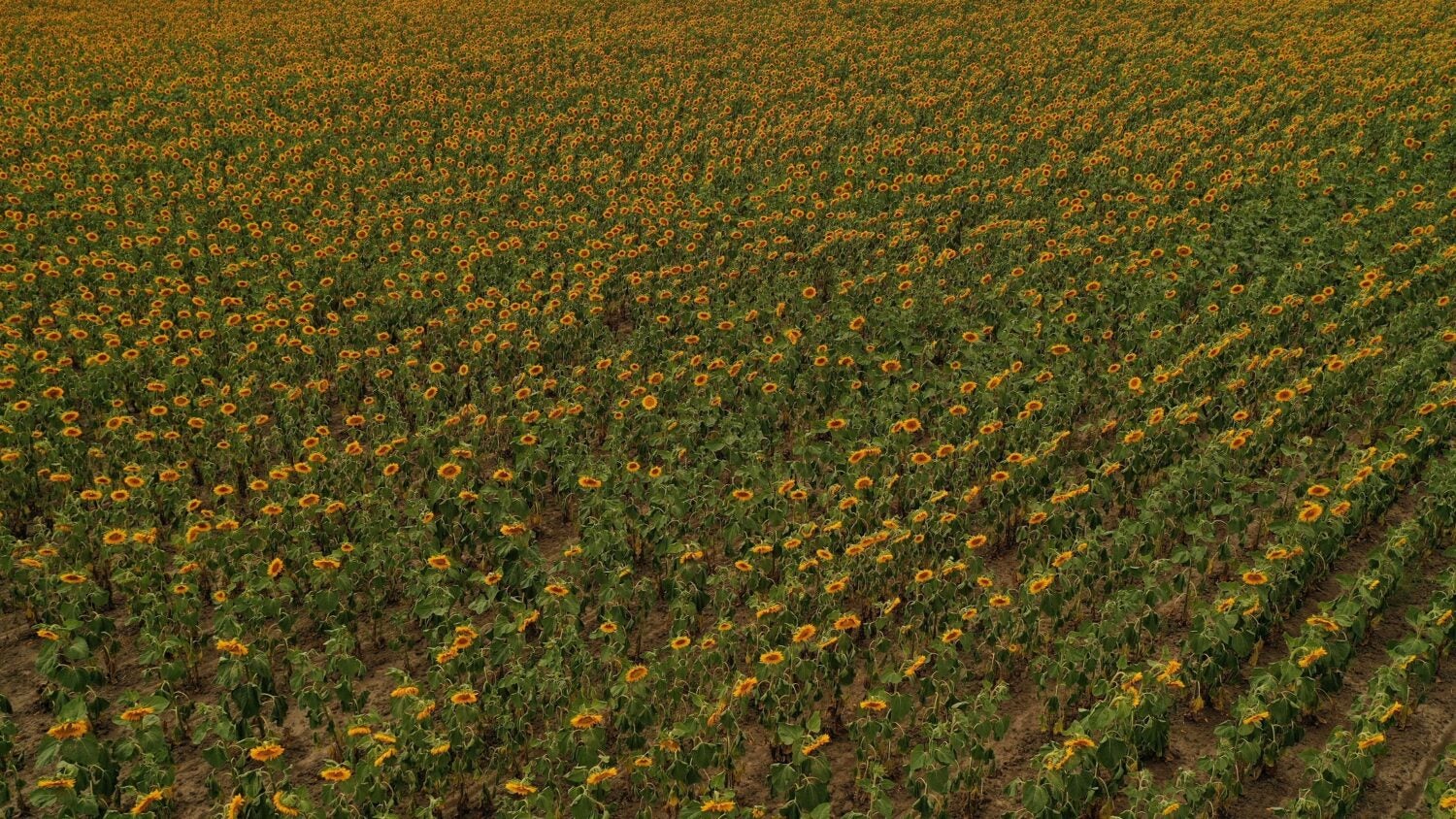
Many vulnerable countries, some already suffering from the consequences of wars or natural disasters, such as Yemen, rely on food exports from both Russia and Ukraine. This reliance covers myriad crops, but it is in the production of wheat, corn and sunflower oil that the two countries have the most significant global reach.
“Conflict is a main driver of hunger and food insecurity in the world,” says the UN’s World Food Programme (WFP) executive director David Beasley. “We now have 283 million people marching towards starvation with 45 million knocking on famine’s door. The world cannot afford to let another conflict drive the numbers of hungry people even higher.

Discover B2B Marketing That Performs
Combine business intelligence and editorial excellence to reach engaged professionals across 36 leading media platforms.
“The Black Sea basin is one of the world’s most important areas for grain and agricultural production, and the food security impact of the conflict will likely be felt beyond Ukraine’s border, especially on the poorest of the poor.”
Why is Ukraine so important to food security?
Ukraine is home to 25% of the world’s famously fertile black soils – or chernozem – according to the US Department of Commerce, and the effect of disruptions in wheat supply will be adding to the cost of living crisis.
“Interruption to the flow of grain out of the Black Sea region will increase prices and add further fuel to food inflation at a time when its affordability is a concern across the globe, following the economic damage caused by the Covid-19 pandemic,” explains Beasley.
In a year of an unprecedented humanitarian crisis, this will also affect the WFP’s efforts to supply food to the areas with the direst needs.

US Tariffs are shifting - will you react or anticipate?
Don’t let policy changes catch you off guard. Stay proactive with real-time data and expert analysis.
By GlobalData“We get 50% of our grains out of the Ukraine-Russia area; it is going have a dramatic impact on food costs, shipping costs, oil and fuel,” said Beasley in a social media video posted from Yemen.
“Just when you think it couldn’t get worse, it gets worse. This is a catastrophe on top of catastrophe here in Yemen.”
The current crisis comes as the WFP warns that 811 million people go to bed hungry every night around the world, with the number of those facing acute food insecurity having jumped from 135 million to 283 million since 2019 – a consequence of the Covid-19 pandemic.
Which countries could potentially be affected by the Ukraine conflict?
Speaking at the European Parliament on 28 February, Michael Scannell, deputy director-general of the EU’s Directorate-General for Agriculture and Rural Development, painted a picture of the repercussions of the invasion for global food markets, explaining that Ukraine and Russia account for more than 30% of world trade in wheat.
“That clearly is going to have a huge impact as traders rush to try to find alternative markets, but it is not just wheat," he said. "The situation is similar for a range of other commodities. For barley, for example, these two countries account for 32% of international trade. For corn, it is 17%, and sunflower oil and seeds and meals is over 50%.”
Thus, EU countries will not only be affected by the halt in wheat imports from Ukraine and Russia, the meat and dairy industries are also poised to take a hit, as Ukrainian maize is essential for livestock feed, on top of the hike in prices caused by the reliance on Russian gas and fertilisers.
In the case of maize, globally, only approximately 12% of maize is consumed for food, while approximately 60% is destined for livestock feed, explains Erin Collier, an economist at the trade and markets division of the UN’s Food and Agriculture Organisation (FAO).
“The countries that Ukraine exports the most maize to are China and those in the EU," she adds. "Those countries have the capacity to import supplies from other countries,” she says, adding that problems will come if global supplies become tighter, as the hardest hit will be countries in Africa, “where maize is a food source, and they depend on imports”.
The Russia-Ukraine wheat double whammy
Another key cereal, wheat, is a staple crop used to make flour and is vital to many vulnerable countries. With Russia being the leading global exporter of wheat in 2020 and Ukraine the fifth largest, some countries will be particularly vulnerable if they rely heavily on both for their wheat imports. Some of the main importers from both Russia and Ukraine are:
- Egypt, where a total of $3.02bn worth of wheat was imported in 2019, $1.44bn came from Russia, and $773.4m from Ukraine.
- Ethiopia, where a total of $458.42m worth of wheat was imported in 2019, $142.01m came from Ukraine and $64.77m from Russia.
- Yemen, where a total of $549.89m worth of wheat was imported in 2019, $145.81m came from Russia and $79.8m from Ukraine.
- Lebanon, where a total of $148.49m of wheat was imported in 2020, $119.1m came from Ukraine and $22.93m from Russia.
- Palestine, where a total of $10.98m worth of wheat was imported in 2020, $5.61m came from Israel (mostly via Ukraine and Russia) and $3.57m direct from Russia.
Also, in 2019, Israel imported a total of $364.48m of wheat, of which $102.55m came from Ukraine and $90.43m from Russia.
A shortage in supply of wheat and maize will affect vulnerable locations the most, and will likely bring a further hike in food prices, exacerbating the cost of living crisis across the EU.
The ripple effect of the invasion of Ukraine by Russia will be fully seen in the coming weeks and months, but the effects on countries such as war-torn Yemen could end up being catastrophic.
This article was initially published on Just Food sister site Investment Monitor.





